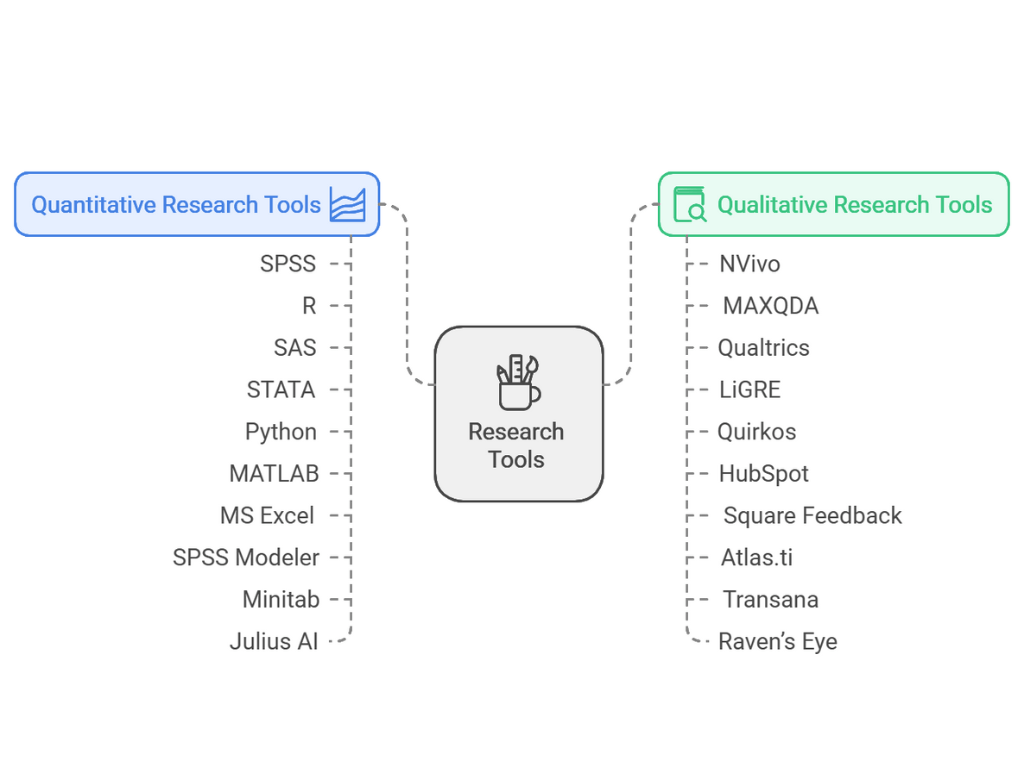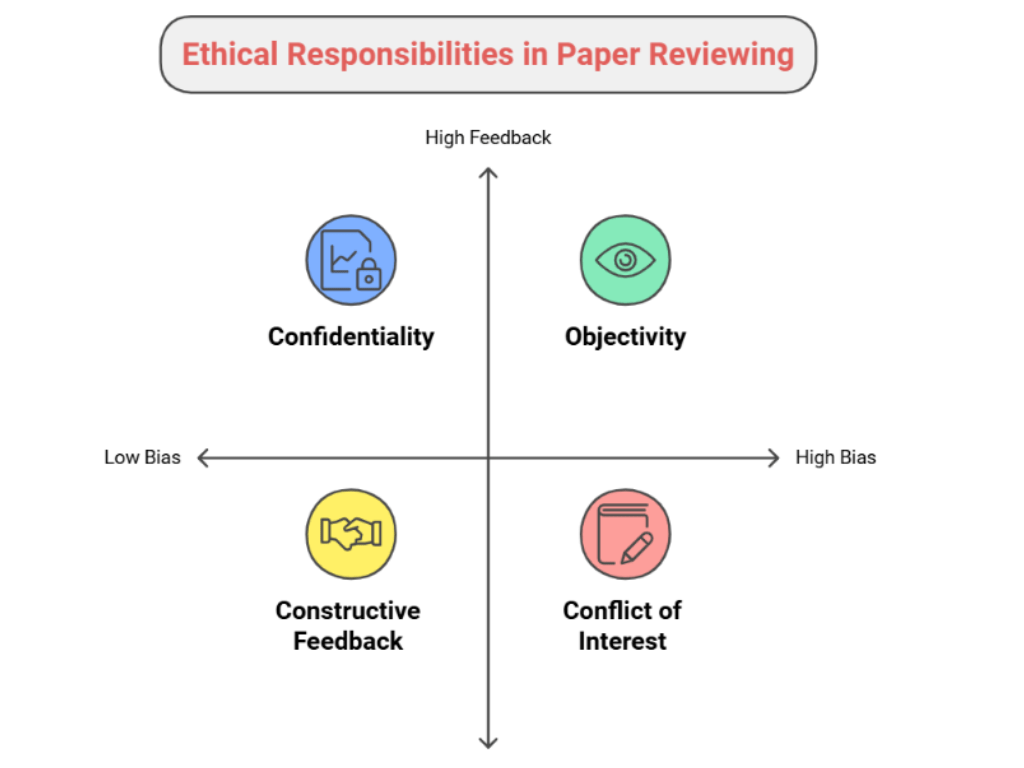
Doing a PhD is hard.
It is not just about writing a thesis.
It is about managing yourself — your time, your energy, your thoughts, and your mindset.
These five “laws” can help you stay on track.
They are not written in any official textbook, but they reflect real experience.
I have simplified each one below to show how it applies to a PhD journey.
Let’s dive in.

1. Murphy’s Law
“The more you fear something happening, the more likely it is to occur.”
PhD students often fear a lot of things.
Fear of failure.
Fear of presenting.
Fear of supervisor feedback.
Fear of not publishing.
Fear of rejection from journals.
Fear of not finishing the PhD at all.
These fears take up space in your mind.
You start doubting your work. You second-guess your ideas.
You procrastinate.
And then what happens?
The very thing you fear… actually starts to happen.
You submit late.
You miss opportunities.
You make more mistakes.
You lose confidence.
The problem is not just the fear.
It’s that fear affects your performance.
The more energy you spend fearing something, the less you have for fixing it.
What to do instead?
Don’t feed the fear.
Work with a calm mind.
Take small steps daily.
Focus on progress, not perfection.
Accept that setbacks will happen.
But don’t let fear write your story.
2. Kidlin’s Law
“Writing a problem down clearly is half the solution.”
During a PhD, your mind is full of thoughts.
You read dozens of papers.
You listen to your supervisor.
You try to figure out your research question.
You juggle coursework, TA duties, deadlines.
It’s chaos.
And in chaos, nothing feels clear.
You feel stuck and overwhelmed.
That’s where this law helps.
When you write things down, they start to make sense.
Write down your problem.
Write down what you know.
Write down what you don’t understand.
Write your plan.
Write your confusion.
Write your progress.
It doesn’t have to be perfect writing.
It’s for your own clarity.
When you write, your brain slows down.
It organizes the mess in your mind.
And when things are clear, they become manageable.
Want to move forward in your research?
Start with a blank page and write.
Are you struggling with research in life sciences?
Here’s how to do it faster and better.
Try Noah — an agent built specifically for biomedical research.
- It understands your research goals and executes multi-step tasks for you.
- Searches trusted biomedical sources (not generic websites)
- Analyzes the latest literature, conferences, trial results, and drug pipelines
- Gives you structured, reference-backed insight — not hallucinated answers.
- And you can download the results and data
3. Gilbert’s Law
“Your success is in your hands.”
PhD students face many challenges.
Sometimes, your supervisor isn’t helpful.
Sometimes, experiments fail.
Sometimes, your paper gets rejected.
Sometimes, you don’t get funded.
It’s frustrating.
You feel like the system is against you.
But the truth is: you are still in control.
You are responsible for your learning.
You are responsible for your progress.
You are responsible for finding the next step.
The more you blame others, the more power you give away.
The more you take ownership, the more power you reclaim.
Ask yourself:
What can I do today to move forward?
Can you read a paper?
Can you ask a question?
Can you revise your draft?
Can you seek feedback?
You don’t need to control everything.
Just control what you can.
Success in a PhD is not luck.
It’s ownership, persistence, and self-leadership.
4. Wilson’s Law
“Prioritize knowledge and intelligence, and wealth will follow.”
PhD students are used to working hard.
Long hours in the lab.
Late nights writing.
Reading for hours.
Revising and editing again and again.
But hard work alone is not enough.
Smart work is the game-changer.
You must learn to optimize.
Can a tool save you hours?
Can you automate part of your data analysis?
Can you create a better literature review strategy?
Can you prioritize tasks instead of doing everything?
Smart work means working with purpose.
Not all tasks are equally important.
Pick the few tasks that matter the most.
Then do them well.
Knowledge is not just knowing more.
It’s knowing what matters — and acting accordingly.
When you apply both intelligence and effort, you get ahead faster.
Hard work builds stamina.
Smart work builds progress.
Do both.
5. Falkland’s Law
“If a decision isn’t necessary, don’t make it.”
PhD students are surrounded by options.
Should I pursue this topic?
Should I add this paper to my literature review?
Should I start another side project?
Should I join this research group?
Should I go to this conference?
You can’t say yes to everything.
If you try to open every door, you will lose focus.
You’ll get scattered.
And scattered effort rarely leads to great work.
Falkland’s Law tells us to pause.
Ask: Is this decision essential right now?
If not, wait.
Stay focused on your main objective.
Many times, doing nothing is wiser than doing something unnecessary.
In PhD life, focus is a superpower.
Distraction is your biggest enemy.
Stick to your plan.
Say no more often.
Choose depth over breadth.
Final thoughts:
These five laws are simple.
But they carry deep truths for every PhD student.
Apply them not just once, but consistently.
PhD is not just about knowledge.
It’s about growth, mindset, and discipline.
Stay calm.
Stay clear.
Take responsibility.
Work smart.And stay focused.
That’s the way forward.
Don’t forget to read: 10 Tips for PhD Thesis Writing
Happy publishing!




